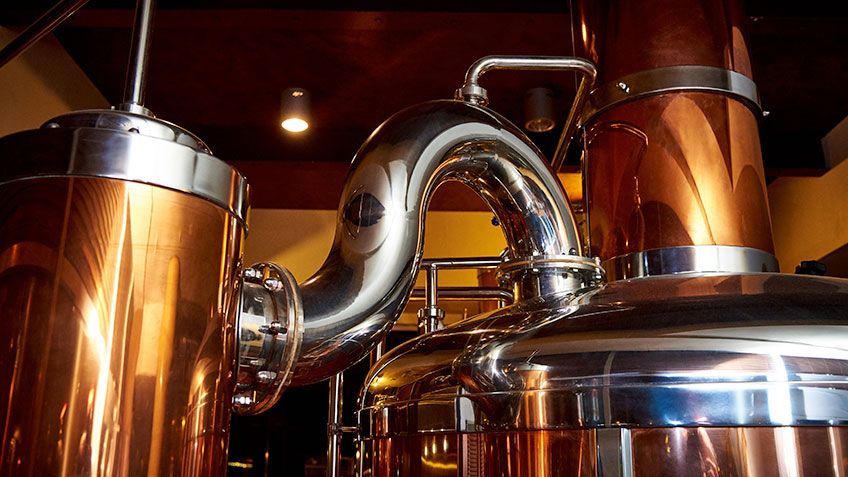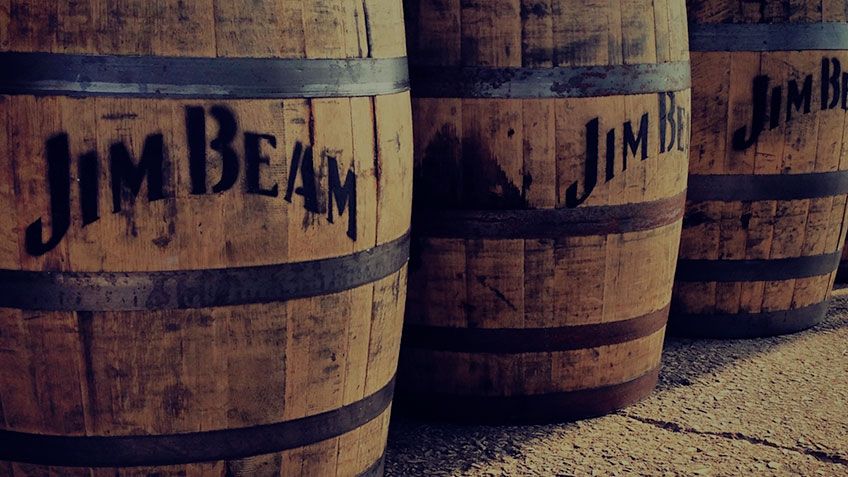What is Fermentation?
Leading up to the fermentation process, grains such as corn, barley, rye and wheat are milled to a fine powder. The powdered grains, along with water, are put into mash cookers and cooked at temperatures near 200 degrees Fahrenheit.
Towards the end of the cooking stage, the temperature is reduced, and malted barley is added. Next, enzymes from the malted barley break down the grain starches into simple sugars that can be fermented into alcohol. The mash, along with yeast and water, is then cooled and transferred to a fermenter.
Fermentation typically lasts around 72 hours but varies depending on spirit type and local conditions. As the mash rests in the fermenter, the yeast converts the simple sugars into ethanol, transforming the mash into distiller’s beer.
Reducing Stress Levels
Yeast does not perform well under stressful conditions. During the fermentation process, there are several yeast stressors that affect alcohol yield and other qualities of the resulting distiller’s beer, including pH levels at the start of fermentation and the temperature over course of fermentation.
Managing these variables with MPC technology can help to relieve stress on the yeast, resulting in consistent alcohol yields and a final product that lives up to brand guidelines and expectations. Relying on MPC to handle these variables also frees up operators so they can focus their years of experience and time on higher value tasks.
Managing Fermenter pH
The pH at the start of fermentation has a significant impact on the resulting distiller’s beer because acidity is a stressor on yeast. If the set pH is too low, the yeast will not be as productive and alcohol yields will be reduced. If the set pH is too high, unwanted bacterial growth may occur, resulting in reduced yields, off flavors in the spirits or, potentially, loss of the batch.
For spirits such as bourbon and Tennessee whiskeys, some previously distilled mash, or sour mash, is added to the fermenter. The amount and the acidity of the sour mash will affect the set pH of the fermenter.
Because the sour mash is a recycle stream, variability in one batch may echo and cause variability in another batch several days later. While this effect may settle out over time, MPC offers the opportunity to gradually adjust the ratio of sour mash and water sent to the fermenter. In this instance, MPC consistently manages the fermenter and set pH, ensuring consistent alcohol yields and adherence to traditional recipe targets.




